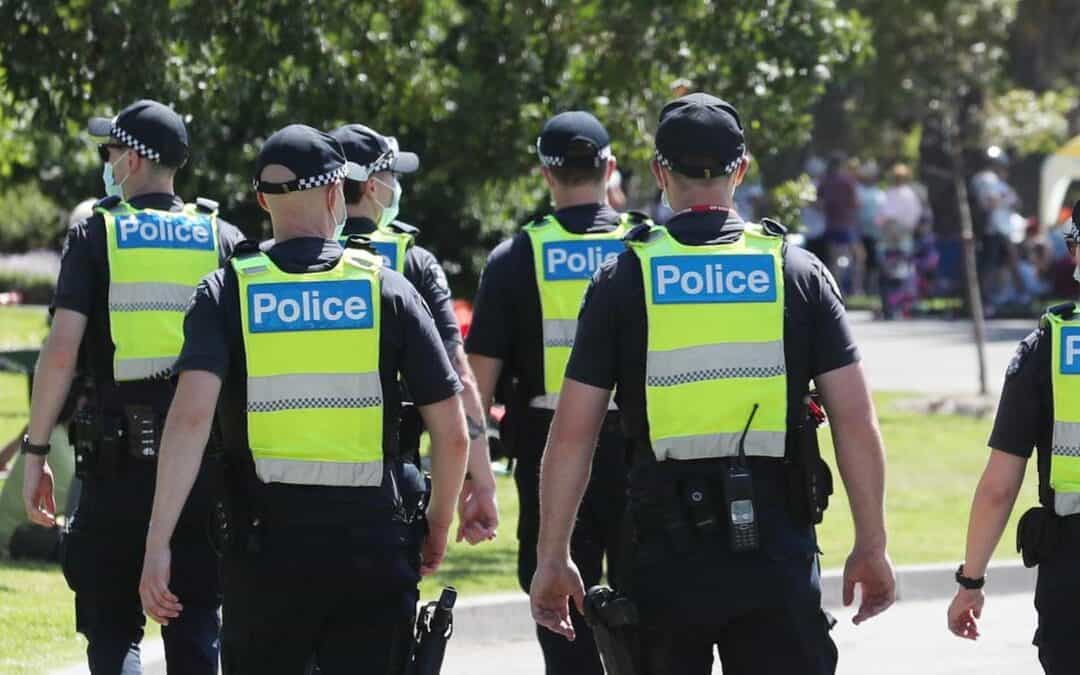Speaking to the police can be a daunting proposition, especially if it is in relation to an alleged crime that you are accused of having committed. Whilst it is true that anything you say to the police can be used against you, depending on the facts of your case there may be advantages in answering questions during a police interview. Whilst this may be true in some situations, getting expert legal advice before and knowing your rights in relation to the interview is imperative.
What are your Rights in Relation to Police Questioning?
There are several procedural requirements that police must follow before, during and after questioning a person accused of committing an offence. These are governed by the Crimes Act (CA) and the Victorian Human Rights Charter (VHRC). The following provides an outline of an accused persons’ rights in relation to police questioning.
In accordance with section 464A(2)(a) of the Crimes Act, if you have been arrested for being suspected of committing an offence, the police or body investigating you must in sufficient detail explain to you the circumstances of the offence. This essentially means that before you answer any questions, that police must inform you of the allegation and the details of the offence you are alleged to have committed. This provision is supported by section 25 VHRC, which further stipulates that accused persons must be informed promptly and in detail about the nature and reason of the charge. This must be conveyed to the accused person in a language that they understand.
Furthermore, in line with section 464A(3) and 464J CA, the accused person must be informed that they do not have to say or do anything, but anything said or done may be given in evidence. They must also be informed that they have a right to communicate with a lawyer, friend or relative (section 464C CA). It is important to note that an accused person only has the right to attempt to communicate, there is no guarantee of communication given (section 464C(1) CA).
Generally, questioning must be deferred until the accused person has had an opportunity to communicate with their lawyer, friend or relative (section 464C(1) CA). However, police do not have to delay questioning if they believe on reasonable grounds that communication would result in the escape of an accomplice or the fabrication or destruction of evidence (section 464C(1)(c) CA). Additionally, they do not have to delay questioning if it is so urgent, having regard to the safety of other people, that it should not be delayed (section 464C(1)(d) CA).
If the accused person does not speak English, they have a right to an interpreter (section 464D CA and section 25 VHRC). If the accused is not an Australian citizen, they also have the right to communicate with their consular office (section 464F CA). If the accused is a child, there must be a parent, guardian or independent person present during questioning (section 464E CA)
Rights Regarding Recording When Speaking to the Police
In addition to an accused’s rights regarding police questioning, there are also strict provisions relating to recording. Pursuant to section 464G CA, during the questioning, police are obliged to record by audio or audio-visual means ‘if practicable’ the conversations in which they formally advised the accused of his or her rights (such as those described above). Any confession or admission must be recorded (section 464H CA). If the accused person made a confession or admission before questioning commenced, it must have been either recorded by audio/visual, or its substance must be confirmed by the accused person with their confirmation having been recorded (section 464H(1)(c) CA). Similarly, if the accused person made a confession or admission during the formal interview, it must have been recorded (section 464H(1)(d) CA). If the interview facilities are unavailable, the substance must be confirmed by the accused in a recording (section 464H(1)(e) CA).
The police must follow these procedures and must inform the accused person of their rights. A failure to do so may result in any evidence obtained being deemed inadmissible.
Advantages & Disadvantages of Answering Questions in Police Interview
There are several potential advantages in answering questions in a police interview. However, these will depend entirely on the circumstances of the allegations against you. It is therefore imperative that you first seek expert legal advice.
Generally, some advantages of answering questions may include:
- if your denial of allegations is accepted, police may not charge you with a criminal offence; and
- your version may be more accepted by the court because you told police what you knew at the time of arrest and before seeing evidence against you.
Whilst there may be some advantages in cooperating with police during interviews, there may also be disadvantages. These may include:
- saying something that incriminates you or provides the police with additional evidence to prove the case against you.
Once an accused person has made comments in relation to the allegations in an interview, it can be extremely difficult in later court proceedings to exclude those statements. It is therefore extremely important to know your rights before going into a police interview and is imperative to obtain expert legal advice. Your whole case may depend on it.
How Galbally Parker can Help
It is important that if you are speaking to the police that you get legal advice from a criminal defence solicitor at Galbally Parker Criminal Lawyers. We can let you know all of your options. Our team specialise in a range of different areas of the law, including appeals, criminal damage, bail applications, organised crime and drug possession.


